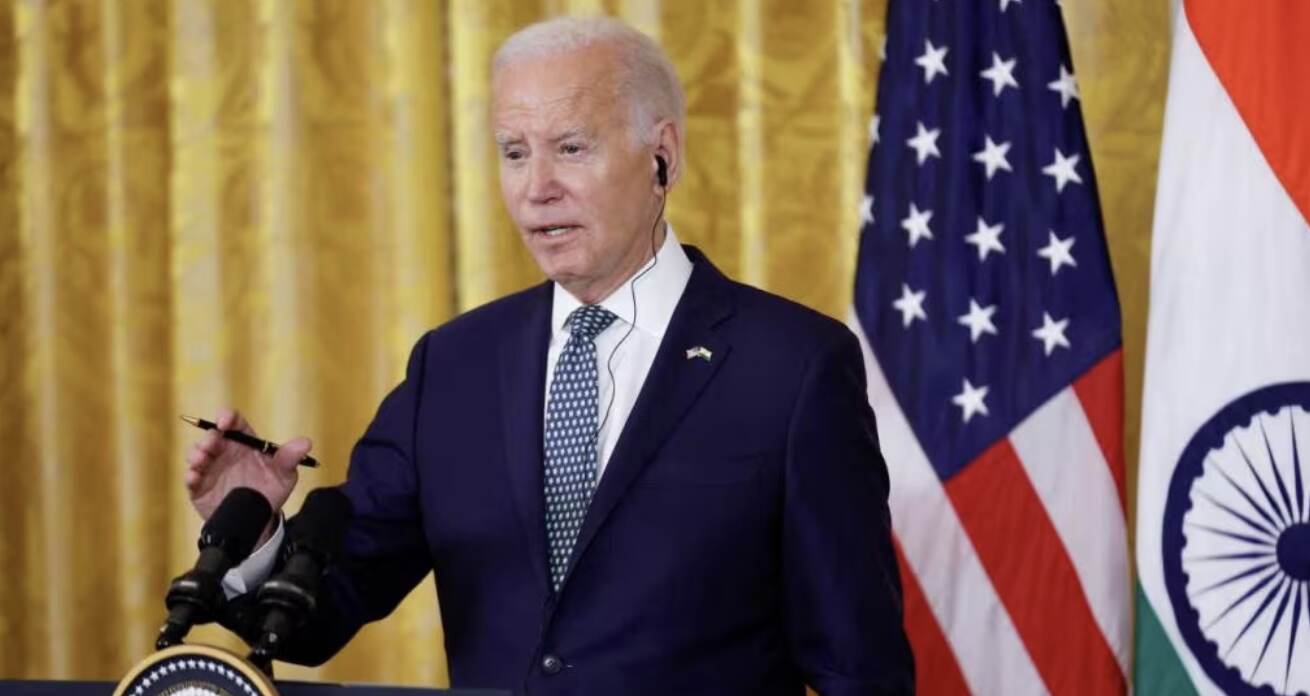Biden Administration Urges Supreme Court to Step In: Showdown Over Social Media Content Control Laws in Texas and Florida
In a significant development, President Joe Biden's administration has called on the US Supreme Court to intervene in a dispute over laws in Texas and Florida that aim to undermine social media companies' control over objectionable content. The outcome of these cases holds immense significance for the future of content moderation on social media platforms.
In a significant development, President Joe Biden's administration has called on the US Supreme Court to intervene in a dispute over Republican-backed laws in Texas and Florida that aim to undermine efforts by social media companies to control objectionable content on their platforms.
The states argue that such actions amount to impermissible censorship. This move comes as the Supreme Court considers two cases pertaining to challenges against these state laws, brought forward by technology industry groups, including NetChoice, Meta Platforms Inc (formerly known as Facebook), Alphabet Inc, and Twitter.
The outcome of these cases holds immense significance for the future of content moderation on social media platforms. Supporters of the laws, passed in 2021, contend that social media platforms have suppressed conservative voices, while advocates for content moderation argue for the need to combat misinformation and extremist propaganda.
Florida is seeking to revive its law after a lower court ruling mostly favored the social media giants, whereas the industry groups are appealing a separate lower court decision that upheld Texas' law. Notably, the Supreme Court blocked the enforcement of the Texas law at an earlier stage of the case.
Recognizing the gravity of the situation, the Justice Department has firmly asserted that the cases warrant review because these laws infringe upon the platforms' constitutional rights under the First Amendment, which safeguards freedom of speech.
The Justice Department emphasized that when social media platforms select, edit, and organize third-party speech for public consumption, such activities fall within the ambit of the First Amendment's protections.
The Supreme Court's consideration of these cases will test the industry groups' argument that the First Amendment shields platforms' editorial discretion and prohibits governments from compelling them to publish content against their will.
The technology companies have argued that without editorial discretion, their platforms would be inundated with spam, bullying, extremism, and hate speech. The outcome of these cases will shape the future landscape of content regulation on social media platforms, potentially determining the extent of First Amendment protections afforded to these platforms.
As digital spaces continue to play a prominent role in public discourse, striking the right balance between curbing harmful content and protecting freedom of speech remains a critical challenge. The Supreme Court's decision on whether to take up these cases will undoubtedly have far-reaching implications for the future of online content moderation.




